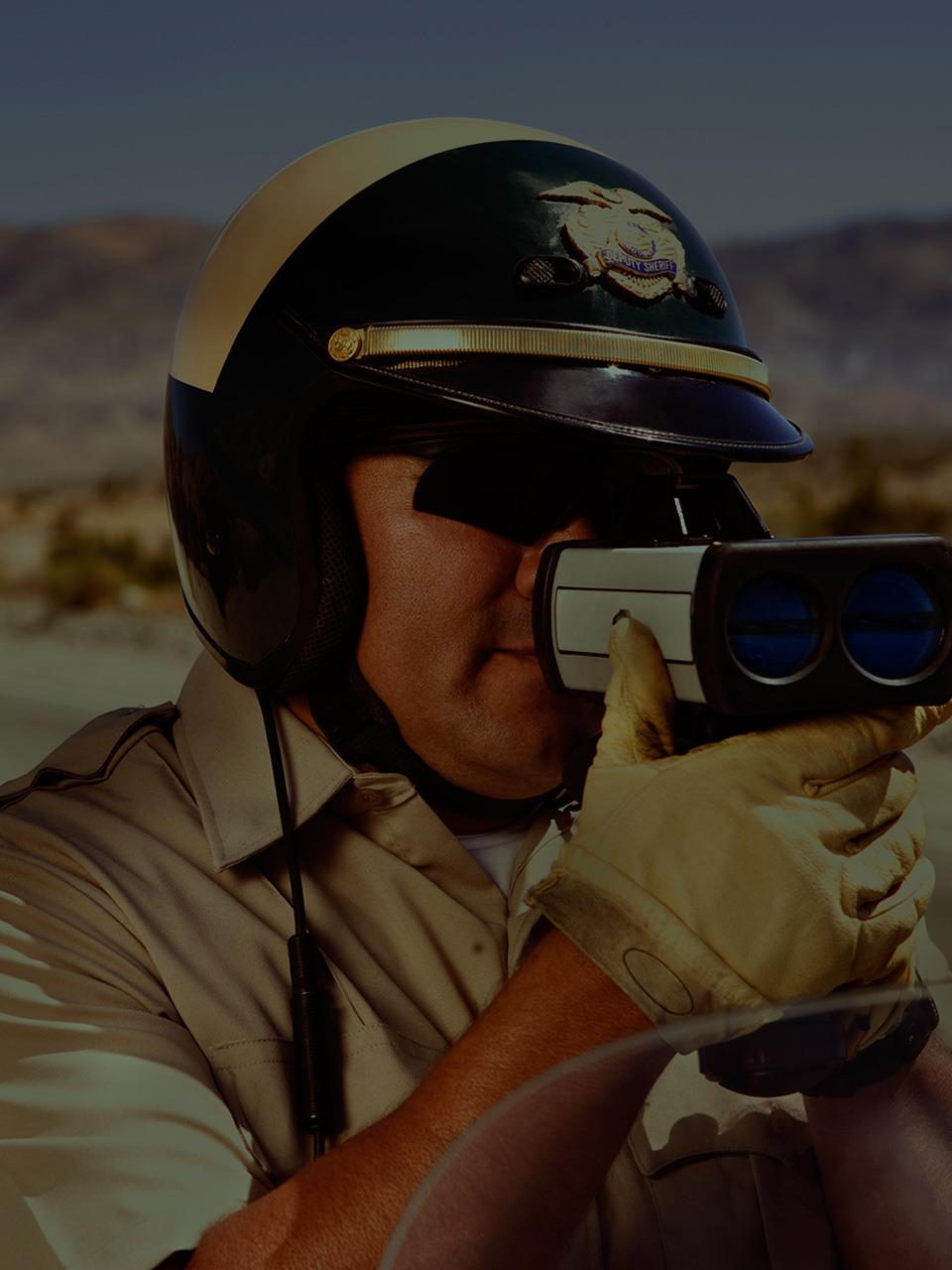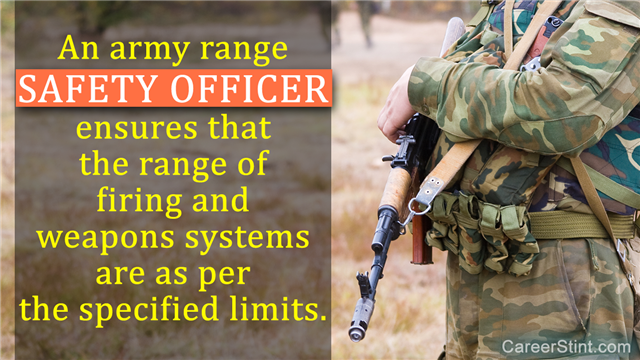
Tap to Read ➤
Safety Officer Responsibilities
Rahul Pandita


Safety officers ensure that institutions work in accordance with the safety guidelines and regulations mentioned under the Occupational Safety and Health Act of 1970. In this story, we will take a detailed look at their responsibilities.

Safety of workers is one of the prime responsibilities of the government. To ensure this, the Occupational Safety and Health Act of 1970 "was passed to prevent workers from being killed or seriously harmed at work."

The Act also led to the creation of Occupational Safety and Health Administration (OSHA) - the governing body which looks into all the matters pertaining to the safety standards in an organization. OSHA employs specialists to analyze the working standards in organizations and to inspect whether they meet the set guidelines.

These specialists are known as safety officers. They are also known as
- Inspectors
- Occupational Health and Safety Specialists
- Occupations Hazards Specialists

Safety officers work in cooperation with safety assistants and report to the Incident Commander. They are employed by the Federal or the state government. Large private organizations also employ a safety officer so that all safety measures are met.

The general duties that a safety officer carries out are,
- Inspecting the workplaces to ensure that the workers are being provided a risk-free atmosphere. This includes checking the materials, equipment, tools, etc. to know if they are safe to use.

- Holding consultations with managers of an organization to promote safe practices in the workplace. This includes raising awareness about the importance of following safety guidelines, and carrying out the drills and exercises to deal with an emergency situation.

- Enforcing safety regulations in those organizations which are found to be violating the guidelines.
- Investigating the reasons behind a mishap or a fatality, and reporting it to the higher authorities to chalk out a plan for the next course of action.

To know more about the responsibilities of a safety officer, we will be taking a look at their role in the areas of radiation, army, construction, and food. These are areas where workers are vulnerable to numerous health hazards and need guidance and protection.

Responsibilities of a Radiation Safety Officer
- Providing support and assistance to workers so that all the safety procedures are followed.
- Ensuring that the radiations that are emitted are within the specified limits (as per the state laws).
- Conducting inspections and awareness drives with workers.
- Checking any loopholes in the safety and security of the organization and the corrective measures that can be taken to address them.
- Sharing expertise when the organization is planning to expand or start any new project.

Responsibilities of an Army Range Safety Officer
- Checking the weapons to ensure that they meet all the regulations.
- Ensuring that the range of firing and weapons systems are as per the specified limits.
- Ensuring that proper eye glasses and hearing protection is used by the personnel.

- Enforcing an immediate ceasefire in case of a unsafe condition.
- Reporting any malfunctioning of the weapons during the training drill.

Responsibilities of a Construction Safety Officer
- Maintaining a safe working condition for the on-site workers.
- Checking that all the documents like working manual, proper documents etc. are up-to-date with the local or state federal laws.
- Teaching safety and health procedures to new construction workers.

Responsibilities of a Food Safety Manager
- Ensuring that the food storage guidelines are being followed and adhered to.
- Ensuring that the food is sterilized and packaged in a proper way so that all the essential nutrients are retained.

- Looking into the complaints of food poisoning, infectious diseases by testing samples of food.
- Recommending and suggesting improvements to the existing food safety procedures.

Skills Required for the Job
A bachelor's degree is a must; preference is given to candidates who have a bachelor's degree in engineering, biology, or chemistry. On-the-job training is provided when the candidate selects a specialty. Some qualities that employers look in a potential candidate are,
- Excellent oral and writing skills.
- An eye for detail.
- Proficiency in advanced technology.

- Physical fitness.
- Ability to work in challenging situations.
- Leadership skills.

Average Salary and Employment Outlook
According to the Bureau of Labor Statistics, the average salary of safety officers is $73,000 (2019). Majority of the safety officers work for the Federal or the state government, municipal corporations, and at various government institutions. This occupation is projected to grow at the rate of 6% in the period of 2018 to 2028.

Adoption of nuclear energy as a major source of power will open up new avenues for safety officers as a lot of manpower will be needed to check the safety regulations for this power source.

A career as a safety officer can be highly satisfying as you will be responsible for the safety of many people. The compensation and other employment benefits make it a lucrative career. However, the job can very challenging as it involves exposure to dangerous working conditions.

The job can entail irregular working hours and unstructured work schedule. Aspiring candidates should keep these aspects in mind before taking up this career.

Summing up, a safety officer has enormous responsibilities. The duties may differ depending on the specialty area they work in, but all of them have a common objective - safety at the workplace.